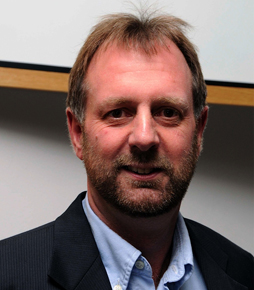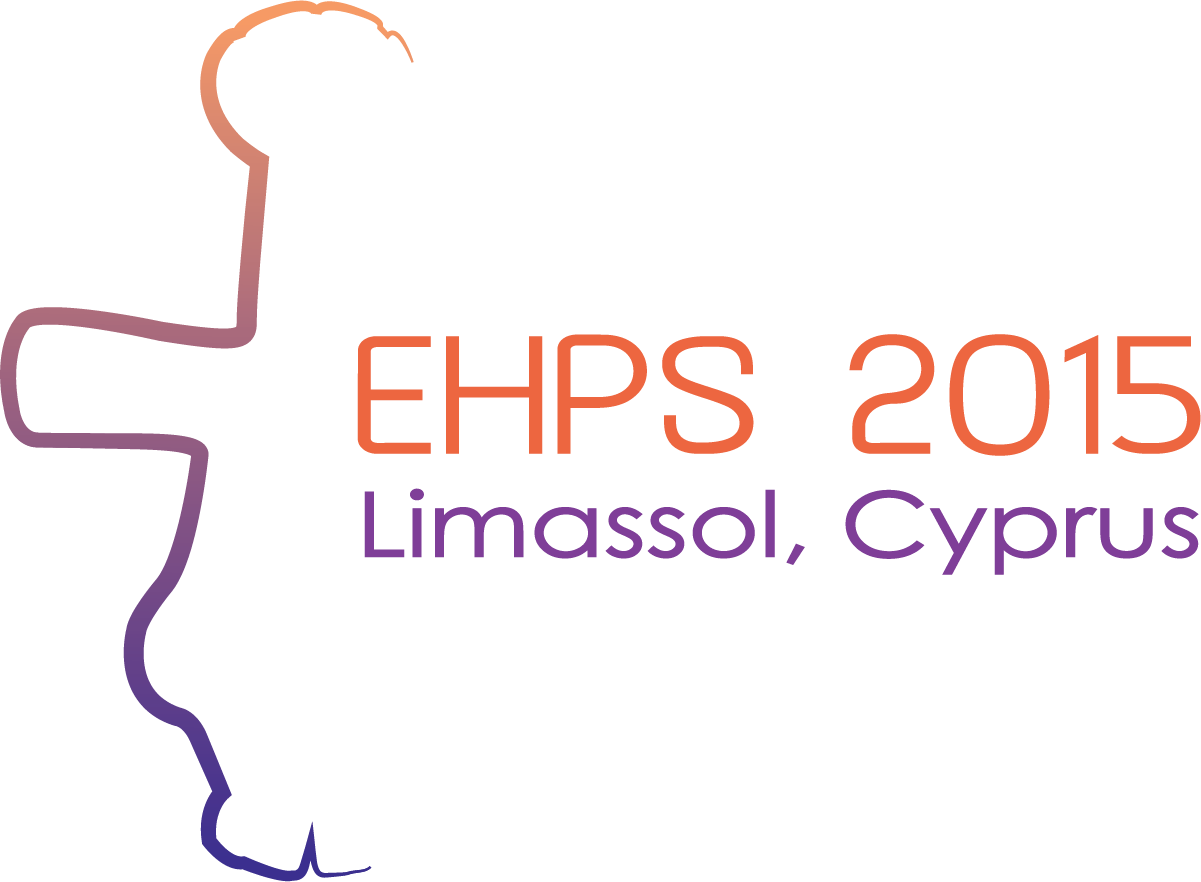
Professor of Psychology,
Title: Health Psychology and Organ Donation
Synopsis
There is an insufficient supply of donor organs to meet the demand for organ transplantations worldwide. There is therefore an urgent need to identify and overcome the barriers to registration. In this talk I will review the evidence regarding barriers to people registering as posthumous organ donors. I will argue that emotional factors play a significant role, and will review interventions that attempt to overcome these barriers and thus increase organ donor registrations. I will also review living donor organ donation and “opt-in” versus “opt-out” schemes.
Abstract
There is an insufficient supply of donor organs to meet the demand for organ transplantations worldwide. In US, over 120,000 residents are on the waiting list for a solid organ transplant, and 18 patients are dying per day before they receive a transplant. This is despite the fact that advances in transplant surgery and immunosuppressant medication means that most recipients would have an excellent outcome. In the UK over 90% of the general public approve of organ donation but only 32% in the UK have registered as posthumous organ donors. This is a good example of the intention-behaviour gap. There is therefore an urgent need to identify and overcome the barriers to registration. In this talk I will review the evidence regarding barriers to people registering as posthumous organ donors. I will argue that emotional factors play a significant role, and will review interventions that attempt to overcome these barriers and increase organ donor registrations. I will also briefly review living donor organ donation and “opt-in” versus “opt-out” transplant schemes.
Biography
Ronan O’Carroll is Professor of Psychology at the University of Stirling. He initially graduated from the University of Edinburgh with a BSc in Biological Sciences, with Honours in Psychology. He then completed a PhD on “The behavioural effects of androgens in man” in Edinburgh. His PhD thesis was awarded the Kinsey Institute prize for outstanding doctoral research. He then trained as a Clinical Psychologist in Edinburgh, and then worked in the UK National Health Service as a Clinical Psychologist before moving to Canada, to take up an Assistant Professor position at Memorial University, helping to run a Clinical Psychology post-graduate programme. He returned to Scotland to the post of Senior Scientist at the Medical Research Council Brain Metabolism Unit in Edinburgh, before accepting a position as Senior Research Fellow at the University of Stirling. He was then appointed Professor of Psychology at the University of St Andrews, before returning to take up his current position at University of Stirling in February 2003. He is Past President of the UK Society for Behavioural Medicine. In 2013 he was elected as a Distinguished International Affiliate of the Division of Health Psychology (Division 38) of the American Psychological Association and in 2014 he has elected as a Fellow of the European Health Psychology Society.
He is currently Associate Editor of Health Psychology, and the British Journal of Health Psychology. He also serves on the Editorial Boards of Psychology and Health, the British Journal of Clinical Psychology, and the Journal of Behavioural Medicine. He is a practising registered Health and Clinical Psychologist and has published approximately 200 papers in peer-reviewed journals. He is particularly interested in health behaviour change and the role that emotions play in our decision-making. His current research focuses on three main programmes of work; 1) understanding and overcoming barriers to registering as an organ donor, 2) improving adherence to medication and medical advice, and 3) understanding and overcoming barriers to screening uptake.

